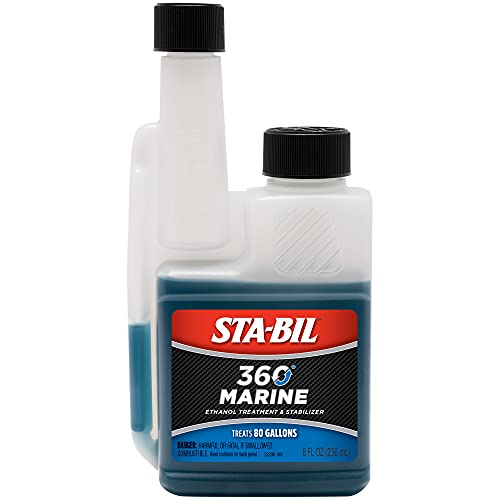Might be other options than leaded avgas, $25/gal premix, or finding racing gas soon.
Scott Manley normally does space industry content, worth a subscription if that's your thing.
Scott Manley normally does space industry content, worth a subscription if that's your thing.














